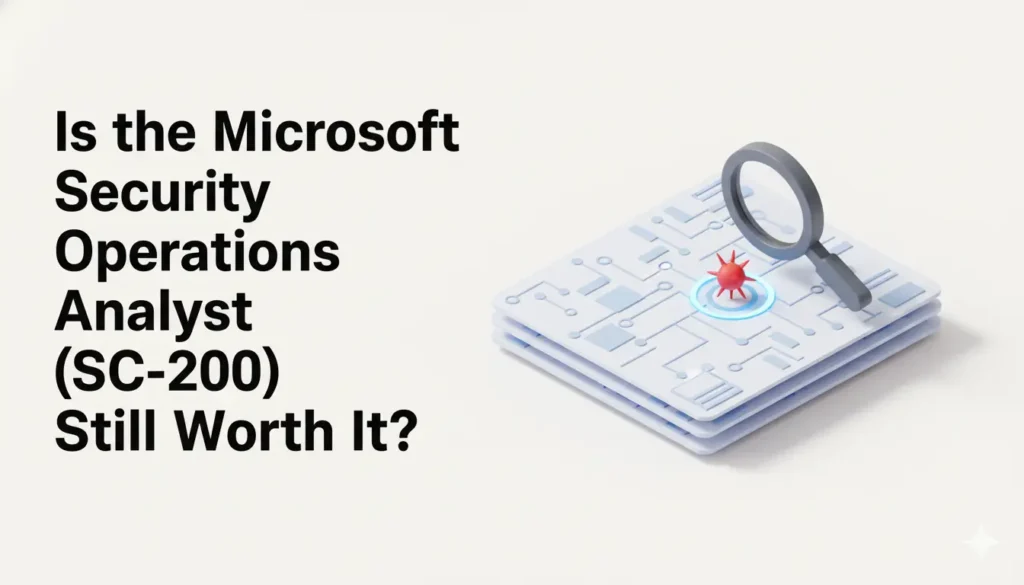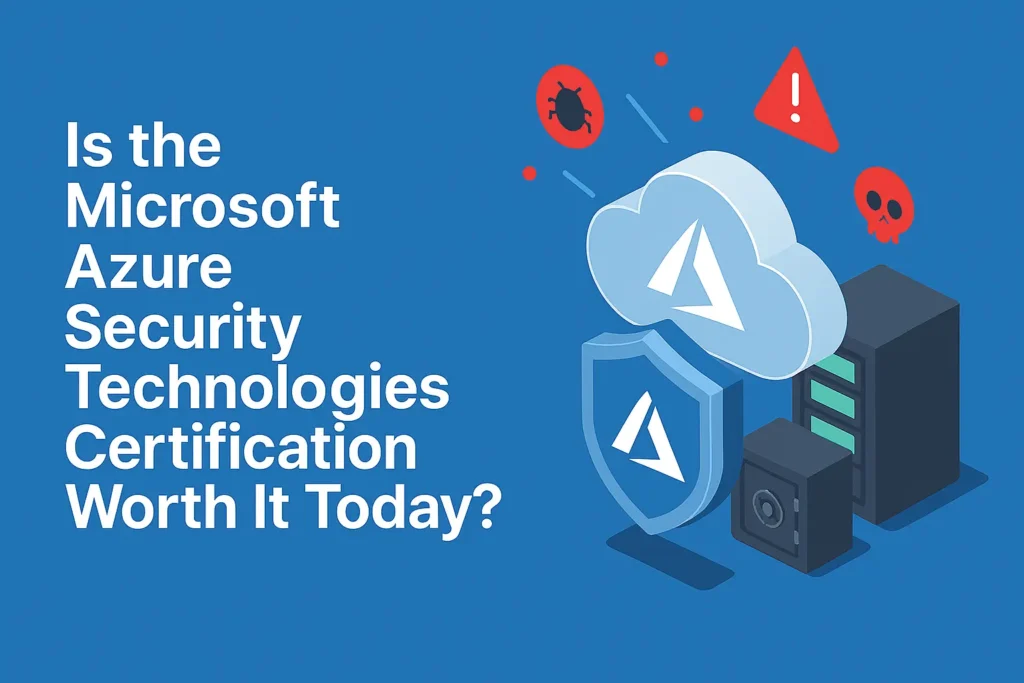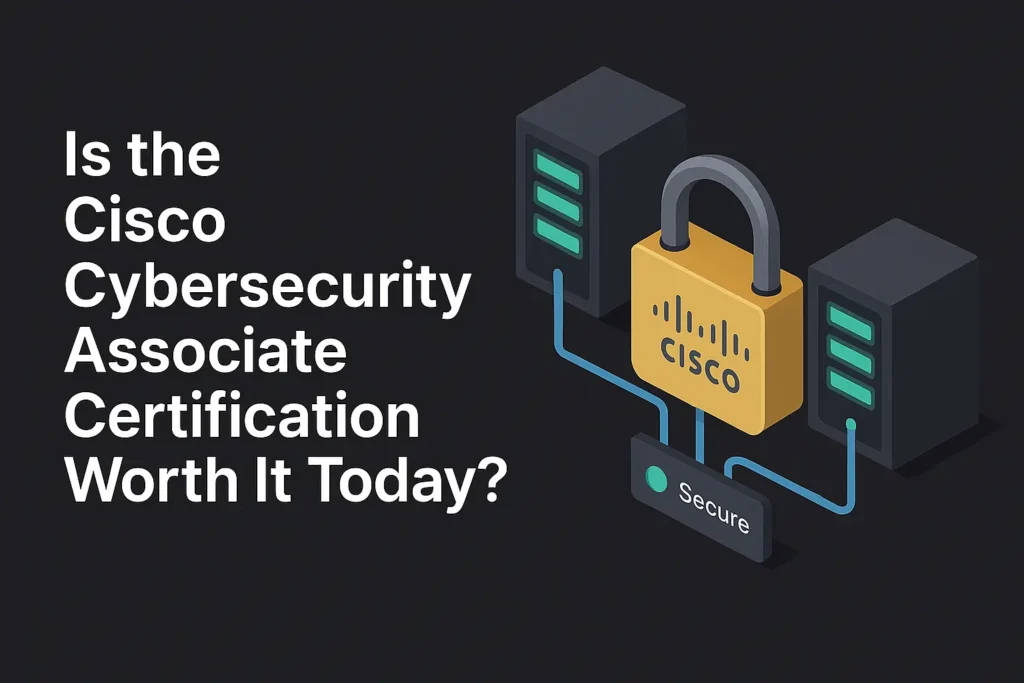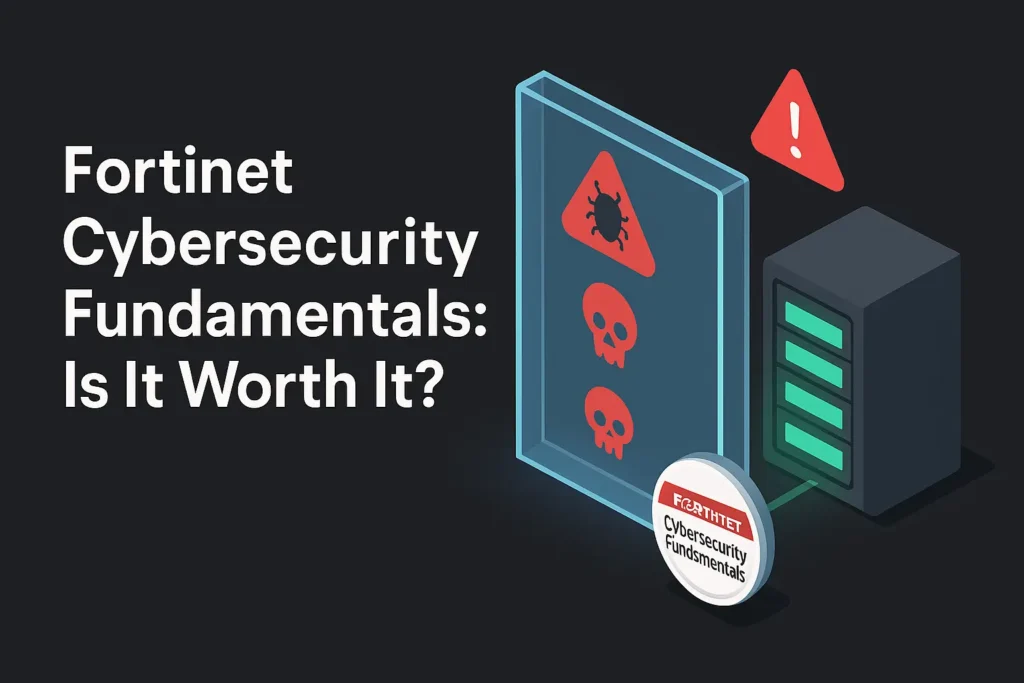Correct certification in cyber security may just prove to be a career game changer, particularly in an environment where it keeps scaling up in terms of evolution and importance in the digital world. There are so many certifications available to help one prepare for these types of careers, each targeting a different skill level with different goals regarding careers.
Cyber Security Certifications
First, let’s explain what these certifications really are. A cyber security certification, in general, is a professional credential used to verify if a person has qualifications to protect the systems and networks belonging to an organization from any form of cyber threat. Attached exams with the certification may hugely differ in focus scope, level of difficulty, and industry demand.
Mostly, certification would focus on basic knowledge for beginners; advanced certification topics relate to specialized topics or managerial aspects of cybersecurity.
Self-Assessment
First, you will need to determine your current level. In case you are new to this field, then most likely you would want the certification for beginners. These certifications provide the basic idea about the topic and lay a strong base for further studies at an advanced level.
Probably, CompTIA Security+ certification is one of the best entry-level areas in the field. The certification covers all the necessities of Network Security, Compliance, and Operational Security areas. Another entry-level, under the category of CISSP Associate, is Certified Information Systems Security Professional. It includes a preview of CISSP, which is a bit higher graded certification. Both of them are brilliant starting points and can help a person to get a basic understanding of cyber security principles.
Setting Your Career Goals
Your career goals play a role in determining the appropriate certification for you. Are you entering a cyber security career, or do you have aspirations for promotion to more specialized or managerial positions? Your goals will drive what kind of certification is consonant with your aspirations.
Some of the possible certifications for persons entering into this career are Certified Ethical Hacker and Certified Network Defender. They provide practical skills and knowledge used to get a job in network security or in ethical hacking. If one is entering into a management job position, then certification should be more helpful in governance, risk management, and auditing, for example, Certified Information Security Manager or Certified Information Systems Auditor.
Industry Recognition
The certification recognition and reputation could add to your career prospects. While some are very general and others are more niche / specialized, the majority of all certifications are recognized just about everywhere in just about every industry.
One of the most respected certifications in the world, CISSP is in demand for filling most of the high-level positions in the cyber security field. This almost spans across everything, from security and risk management to asset security and security operations. Another popular exam is the CISP: Certified Information Security Professional, since it covers a huge amount of cyber security content, and the exam itself is very demanding. The most widespread core certifications related to information security are CompTIA Security+ and Certified Ethical Hacker. They still remain really basic in building up your first portfolio within the profession. Further research into the region or specialty that holds the most valuable certification will have you making one that furthers your employment opportunities.
Some research on the course content and format will help a lot. Cybersecurity is a heavy field; different certifications are the key reason one goes for certificates, so align it just by your interest in a career.
For example, in any kind of penetration testing, the person to take the central role in the subjects of ethical hacking and security assessment should be a Certified Ethical Hacker. On the other hand, for security in networking, there is the Certified Network Defender. Visit the syllabus and view the topics to know whether you are willing to learn such topics and whether these topics matter in your career.
Another consideration would be course format. While online training for certification is flexible and convenient, classroom training provides hands-on experience and networking opportunities. Choose your learning style and timetable.
Cost Assessments and Time Requirements
The cost for certification ranges from a few hundred dollars to some thousands of dollars. Some special specific certification will also need money to maintain or renew themselves.
Also consider the total cost of the investment with preparatory classes or study materials. For instance, acquiring a CISSP will require one to spend more on top of exam prep and probably study material.
Similarly, consider the amount of time a given certification may consume. Study for some certifications may take up to several months, while others can be covered within a few days. Such time commitments require managing personal responsiveness to the current time demand so as to be able to give the review its effective preparation effort.
Prerequisites and Experience Requirements
Different certifications will have varying prerequisites in experience that are needed to attain them. For example, at the professional level of practice, so much is required before one is certified CISSP; others like CompTIA Security+ are for building experience.
So, to get further ahead, be sure to prefer a prerequisite course before waving a certificate about your courses. Seek an entry-level certificate; then try jumping over a higher one. By that, you will have built a good base and further gained more experience.
Recommendations and Reviews
You can finally seek advice from among your colleagues or peers who may have gone through the process of taking similar certifications. They will get an idea about the certification process, efficient courses, and real-world value of various credentials.
Such information can be sought from online forums, professional networks, and industry events. This will ensure that you stay on the right career path due to improved decision-making by being engaged to the cyber security community. Engaging with the community of cyber security assures one of staying in a better position to make a more definitive decision and develop a selection closer in pursuit of their career goals and aspirations.
The choice of which cyber security certification to get depends on so many different factors: current skill level, future aspirations, industry recognition, and just plain interest. Looking at and considering them will help you decide what’s right for you. With a credential, you will be better prepared to take on today’s challenges of cybersecurity and become one of the protectors of the digital world.





